Spiders face an interesting dilemma. How do you live on a sticky web whose sole purpose is to catch and entangle small creatures? Most people rightly assume that spiders are somehow immune to the stickiness of the web. But this is only partly true; their feet have hairs and glands that reduce their chances of getting stuck. The main mechanism is, surprisingly, CHOICE. You see, a spider’s web is made of several different kinds of silk. There are non-sticky (structural) strands and sticky (capture) strands. The spider chooses to stand on the non-sticky strands as it scurries around it’s web and chooses to avoid the sticky ones. Having seven eyes, eight legs, and the need to choose where to place your feet must present a significantly daily challenge and it is one that brings to mind the necessary evil we all love to hate. Dairy data.
The data dilemma
Dairy data. Transformative in its ability to report on aspects of our world that would otherwise go unnoticed, data is also dangerous bedfellow when it demands time away from farming for data entry and number crunching. The world has gone mad on big data and there are very few industries where the generation of huge datasets is more prevalent than in the dairy sector. Every day, millions of bits of data are logged by milking machines, cow sensors, in-line milk laboratories, weather stations, and feeder wagons.
As we try to make sense of the terabytes of data that we produce, we need to start with a clear distinction between data and information. Data is simply a list of numbers. Data is only useful as food for programs that will analyse it and unearth the nuggets of information it contains. Here we are thinking of information such as a downward trend in milk production, a camp that constantly makes cows sick, a red flag that means your milking machine needs maintenance … as with the spider treading carefully on her web, information may be our goal, but data is often what we get tangled up in.

Focus on the dairy data at hand
How can we avoid the data tangle and extract sound information from our businesses? As mentioned in my two previous articles (Having a master plan, The Dairy Mail May 2021 and The Cheshire cat’s question, The Dairy Mail
November 2020), we should start by knowing where we want to go, and knowing what needs to be done to get there. Then comes the time for decisions and focus.
Most dairy systems offer a bewildering array of options. Each option represents a decision that must be made. The confusion created by too many options can be reduced by the ability to focus on what is critical to our success. When we focus our attention on a particular problem, we bring all of our attention to bear. We shut out the noise around us that does not pertain to the matter at hand. Even if we find ourselves caught up in a crisis where our attention seems to be required everywhere at once, when we choose to focus our attention on one aspect of the problem, it becomes much easier to find a solution.
If you focus the attention of your team on your most pressing issues, they will start ignoring distractions and focus their efforts in the right direction. I am currently working on a complex issue for a farmer who emails his team a so-called situation report every week. This constant nudge keeps us focused and engaged and will result in his team of specialists finding the answer.
Take charge
Remember, your experience in life is determined by what you choose to focus on and what you choose to ignore. If you let your attention wander, you will end up feeling muddled and confused, like a spider tangled in her web. It is a matter of deciding what you want, and then focusing on it. Use your team of specialists to decide what needs measuring, how often it needs looking at, and what path needs to be taken in the short term. Then focus on collecting data and information and keep sharing this with your team.
By choosing what to focus on, you will be taking charge of the situation. Once you take charge of the situation, making the most effective decision is a lot easier.
Download the full article in PDF format here, as published in the October 2021 issue of The Dairy Mail.
Alex Jenkins is a technical specialist in the ruminant team at Chemuniqué and holds a master's degree in animal science from the University of KwaZulu-Natal.
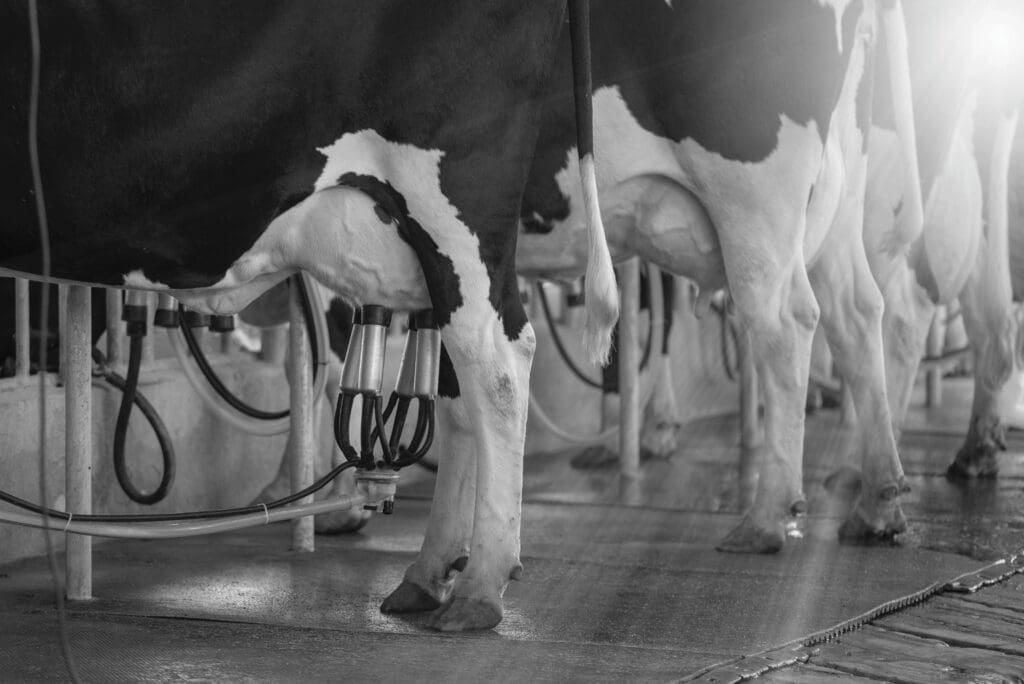


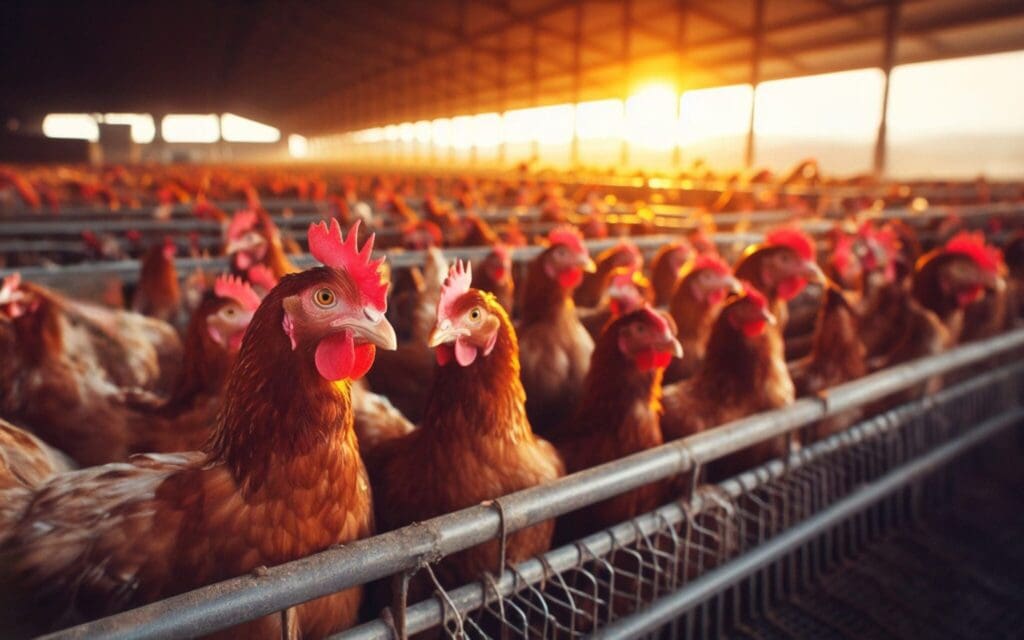
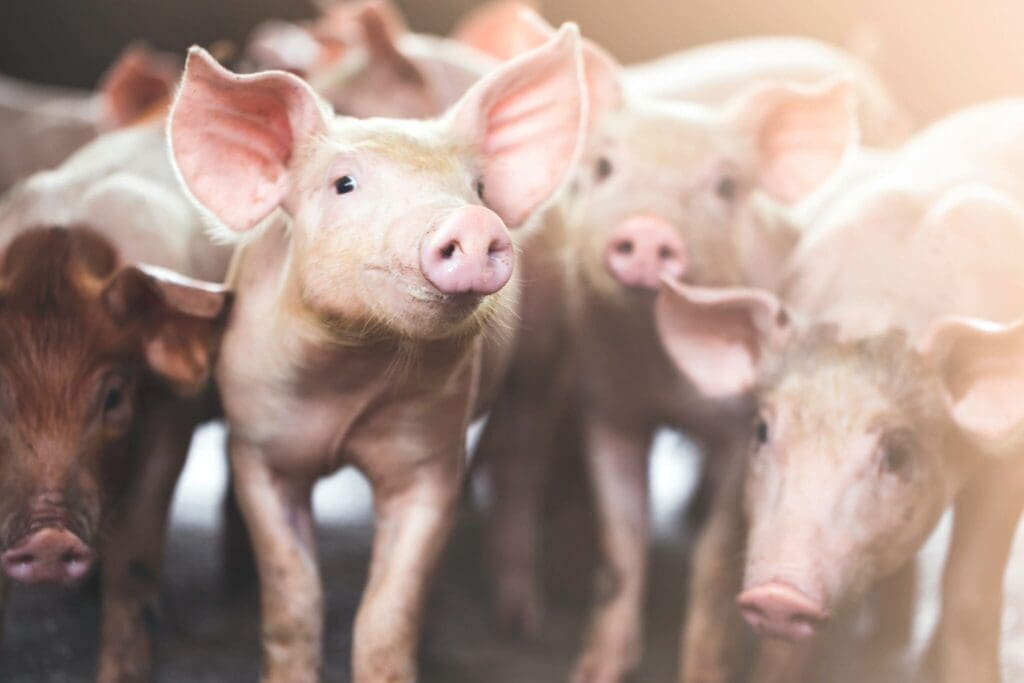
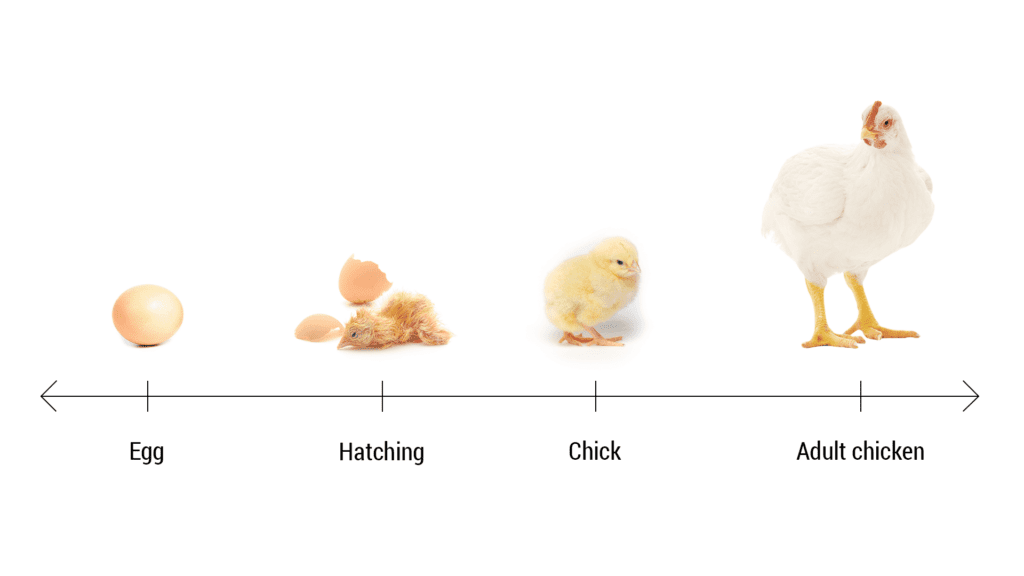

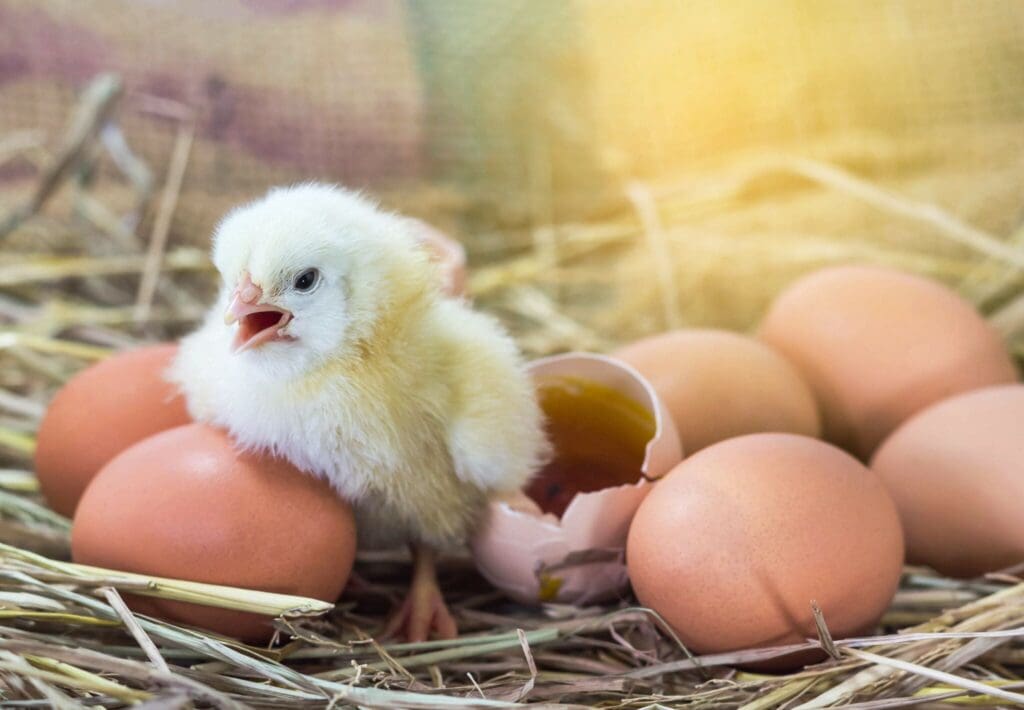
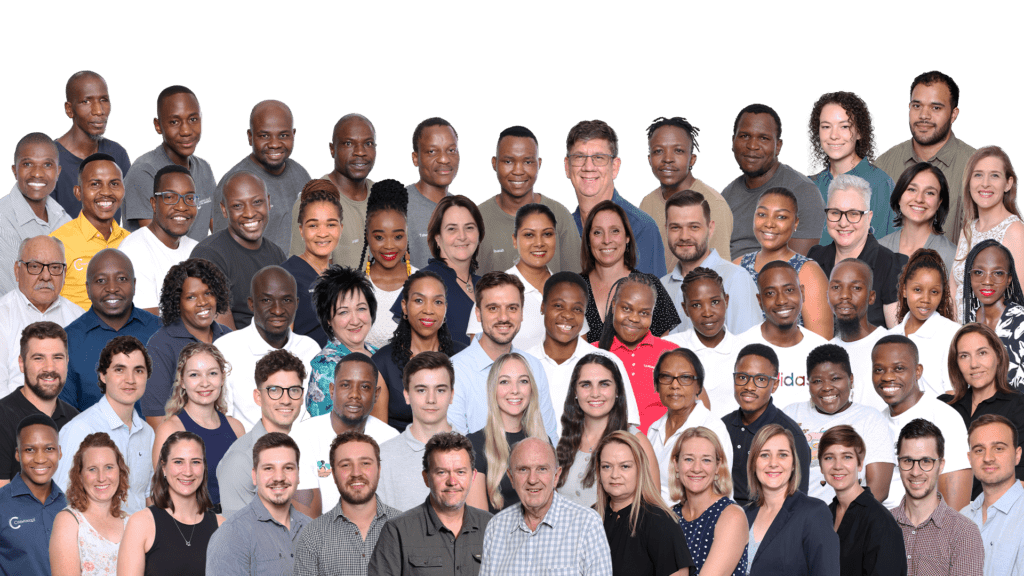
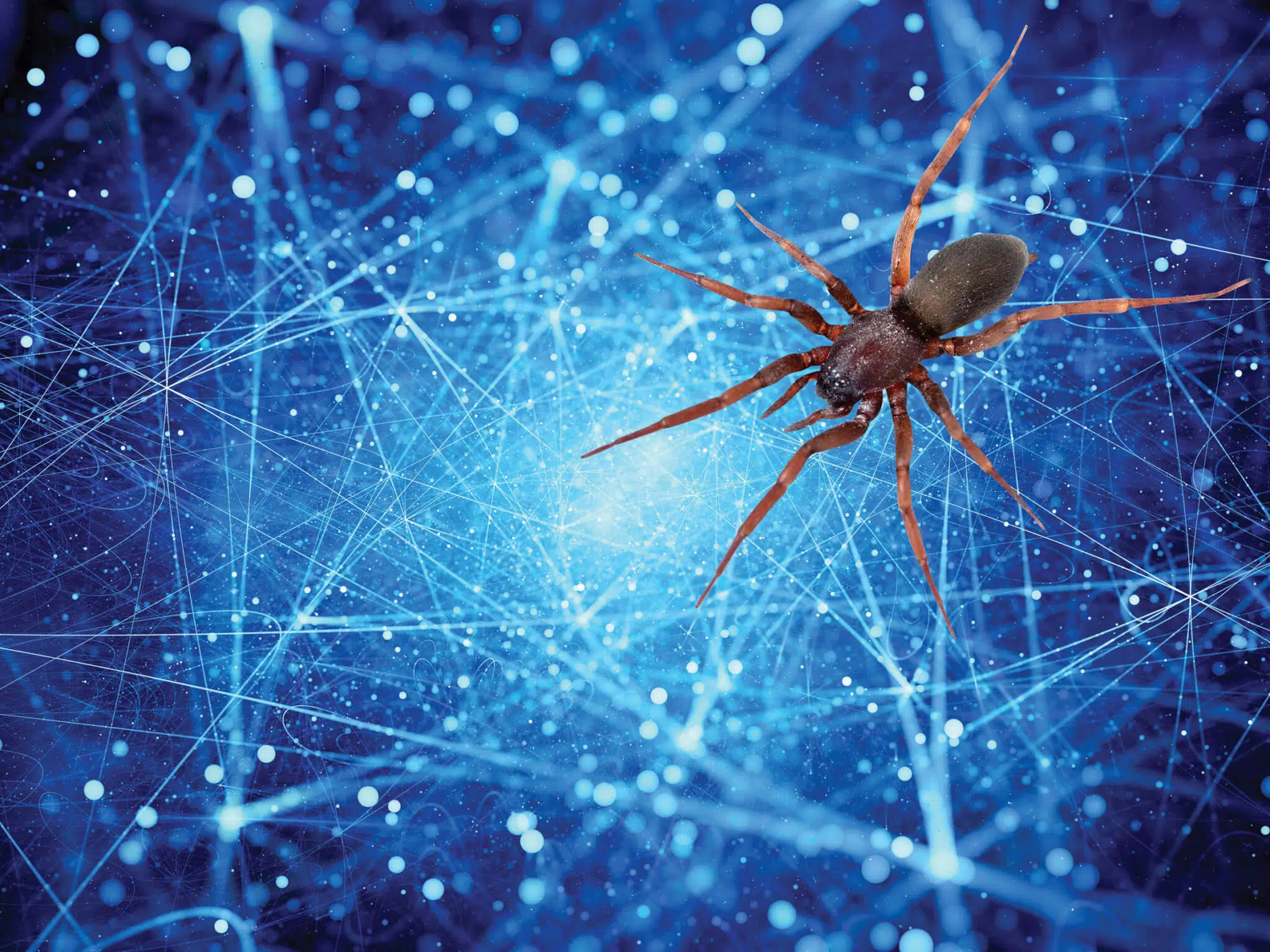

Well done Alex. Nice message.